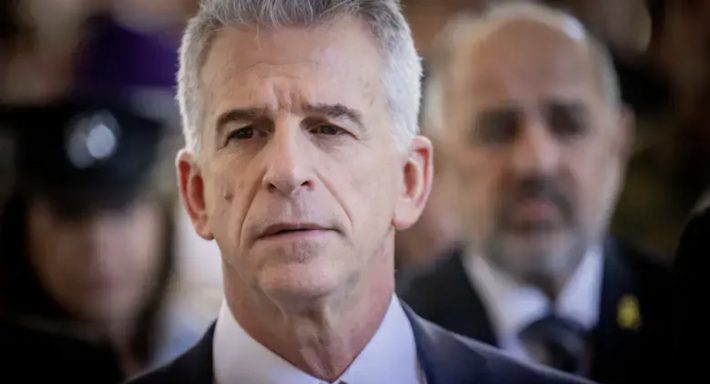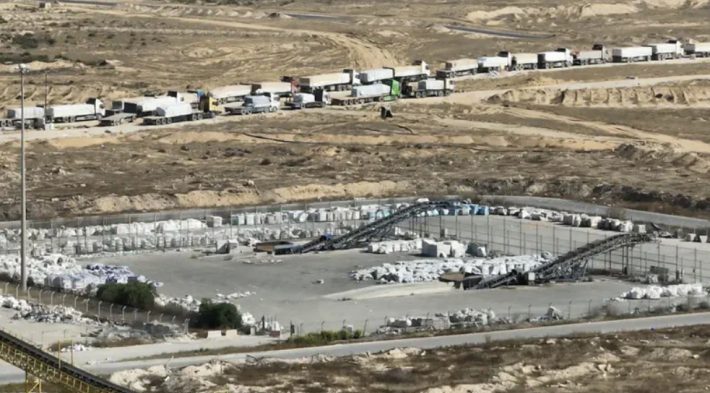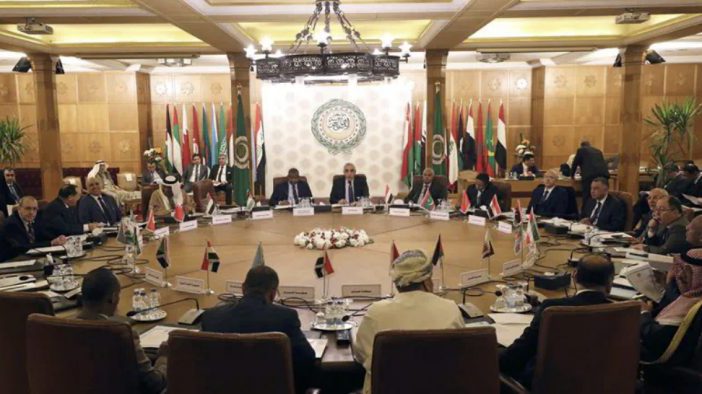Mossad Director David Barnea met U.S. officials in Washington to seek assistance in persuading countries to accept Gazan refugees, but the proposal faces legal and diplomatic pushback.
Washington, D.C. / Tel Aviv —
Mossad Director David Barnea traveled to Washington this week to request U.S. support in encouraging third countries to accept large numbers of Palestinians from Gaza, according to a report by Axios journalist Barak Ravid, citing sources familiar with the discussions.
Barnea held talks with White House envoy Steve Witkoff, during which he disclosed that Israel is in quiet negotiations with countries including Ethiopia, Indonesia, and Libya, all of which have expressed varying degrees of openness to accepting displaced Gazans. He urged the Biden administration to offer incentives and diplomatic support to facilitate the initiative.
However, Witkoff reportedly remained non-committal, and Washington has not made a decision on whether to engage with or endorse the effort.
The Israeli proposal aligns with elements of a February plan put forth by former President Donald Trump, which envisioned a rebuilding strategy for Gaza that included large-scale population relocation. During his recent visit to the White House, Prime Minister Benjamin Netanyahu said Israel was working closely with the U.S. to identify potential host nations, framing the idea as part of a “voluntary relocation” program. He cited Trump’s vision of Gaza as a place of “free choice,” not “a prison.”
Despite these assurances, critics argue that any mass transfer of civilians—even if labeled voluntary—could constitute a war crime under international, U.S., and Israeli legal frameworks. Human rights organizations and legal experts have raised concerns about forced displacement, questioning the feasibility and ethics of the plan.
Egypt and several Western countries have already expressed strong opposition, fearing the destabilizing consequences of a large-scale demographic shift in the region and the precedent it could set.
While the idea remains under discussion, no country has formally agreed to participate, and the U.S. response remains cautious, amid pressure from Arab allies and international bodies.





